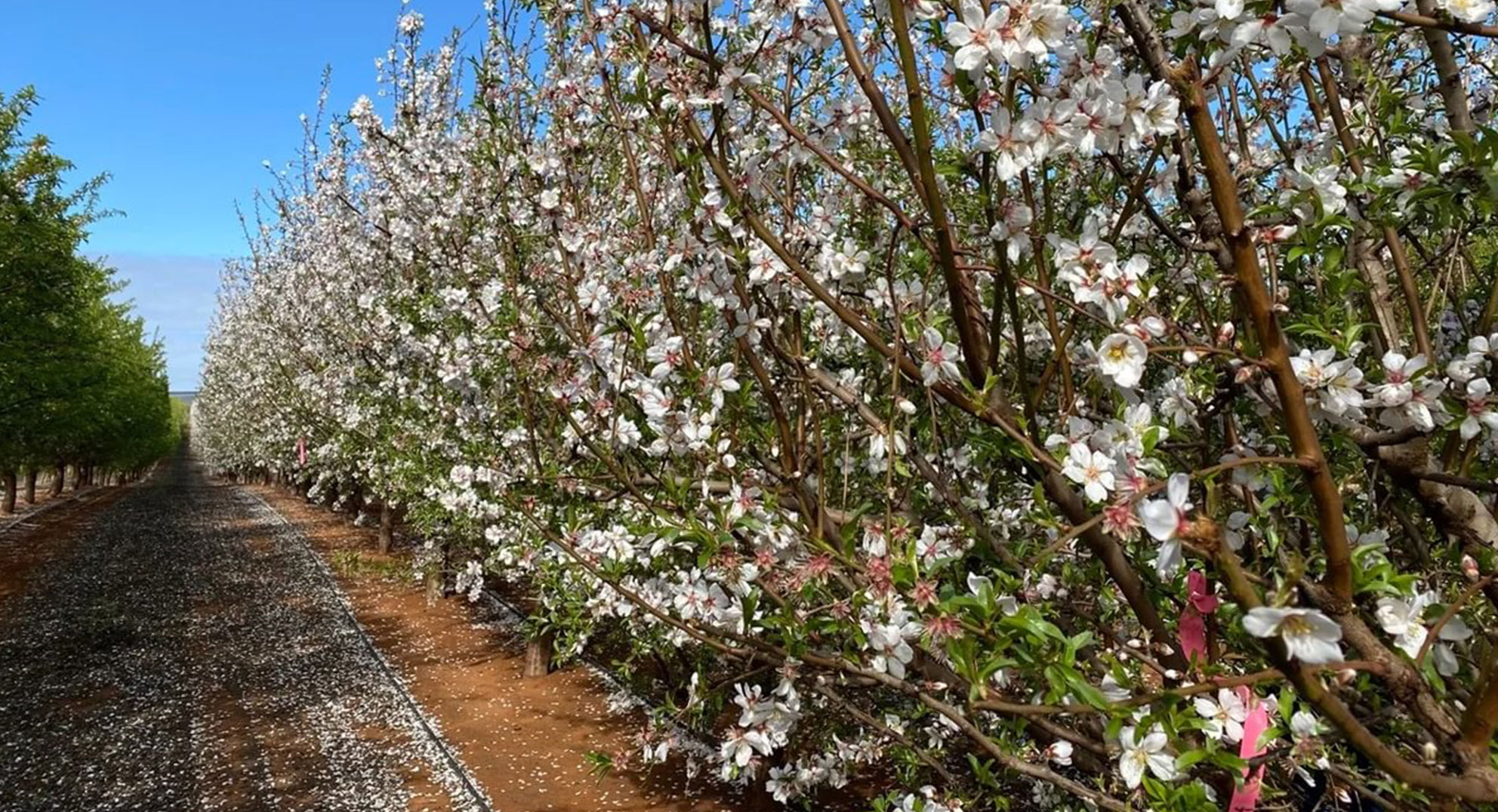Incentivising and investing in climate adaptation and the adoption of sustainable basin management practices

Status
In Progress
Project Type
Round 1
Timeframe
Ongoing
Core Partners
Charles Sturt University, Wine Australia, Australian Wine Research Institute, University of Sydney, RMCG, Western Murray Land Improvement Group, Murray-Darling Basin Authority
Affiliate Partners
Kilter Rural, Duxton Capital, OzFish Unlimited, Murraylands and Riverland Landscape Board, Riparian Capital Partners, Agtuary
This project is dedicated towards the identification of the most effective approaches through which climate adaptation and the adoption of sustainable practices by Basin landholders can be facilitated through meaningful incentives and finance through private investment markets. It will coordinate private investment markets, landholders, and communities to deliver the funds needed to promote Basin health. Activities will be guided through the establishment and utilisation of a multi-level adoption framework with real-world applications.
About the project
Few direct financial incentives exist for landholders which recognise their contributions to Basin health from the adoption of sustainable practices. Past approaches to promoting climate adaptation and the adoption of these practices by landholders have been largely dependent on government based incentives and finance and there has been relatively little consideration for the role of private investment markets.
This project will seek to identify innovative means through which landholders can access meaningful incentives and private investment market finance to facilitate practice change and maximise their climate resilience.
This project will be delivered in conjunction with basin landholders, industry representatives, environmental managers, and researchers across three intersecting phases:
- Phase 1 will focus on the identification and prioritisation of landholder climate adaptation and water stewardship practices with the strongest need and viability for incentivisation and private market investment. Existing adoption frameworks and incentive and investment and instruments will be identified based on a comprehensive interview review. A new, more comprehensive multi-level adoption framework will then be drafted.
- Phase 1 findings will be validated in Phrase 2 through co-design methodologies to develop concepts for novel investment and incentive instruments. At the same time, the multi-level adoption framework will be tested and trialed across selected cases.
- The final phase will be dedicated towards the trial of new/revised incentive and investment instruments from Phase 2 will be trialed. This work will be supported by the application of the project’s multi-level adoption framework.
Outcomes
Key expected project outcomes include the promotion of new investment and incentive instruments and associated guidance designed to support landholders to access incentives and private market based finance which recognise their contributions to basin health and climate resilience. The project’s multi-level adoption framework is expected to support the successful facilitation of practice change across the basin.
Project Updates
View all updates“Building something powerful”: how One Basin’s first leadership camp and an action-learning program are cementing a platform for lasting change
Read More